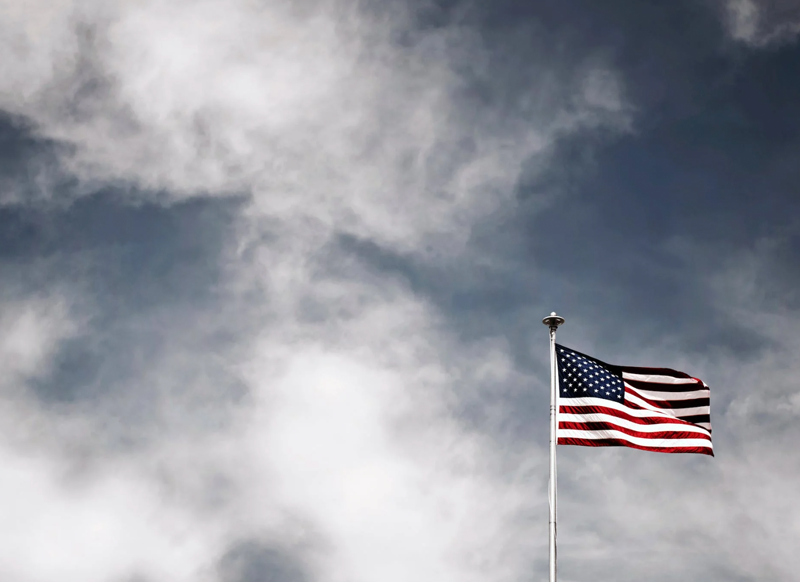
By John F. Copper
Three Cheers for Recent Cases cum Events in the U.S. to Rid Racial Bias against Asians, especially Chinese. Or not!
Three events in the United States over the last few months have seemingly changed for the better the landscape of racial bias against Asians, notably Chinese.
These are (1) the Supreme Court’s decision outlawing the use of race in deciding admissions to colleges and universities in the U.S., (2) the mass killing of Asians at a New Year’s celebration in Los Angeles, after which authorities promised better police protection for Asians, and (3) a scandal in Virginia implicating high school teachers and principals for withholding news of students excelling academically in order to preserve equity. The students were proportionally more Asians (75 percent) and mostly Chinese.
In the case of the Supreme Court decision, the court declared it unconstitutional to consider race in deciding college and university admissions. The decision was based on the Constitution’s 14th Amendment setting forth equal protection under the law. The decision has forced admissions offices to eliminate the use of race in making acceptance or rejection decisions and presumably using quotas by race. The decision was described as consequential.
In the case of the violence against Asians at an L.A. Chinse New Year’s celebration, 11 people were killed, and nine were injured from an unprovoked attack by an assailant on those in attendance at a social event. Authorities in L.A. expressed horror and promised to take action to prevent this or like violence against Asians, noting that most victims were Chinese.
Concerning the withholding of news of high school students’ honors, school authorities admitted that this was tantamount to stealing as the kudos were helpful in getting scholarships and affected the quality of college or university the students would attend and thus altered their lives forever. Virginia governor Youngkin became known and praised for his stance against hiding news of the honors.
However, the long-term impacts seem doubtful in the cases or events cited, and the effects may even be counterproductive.
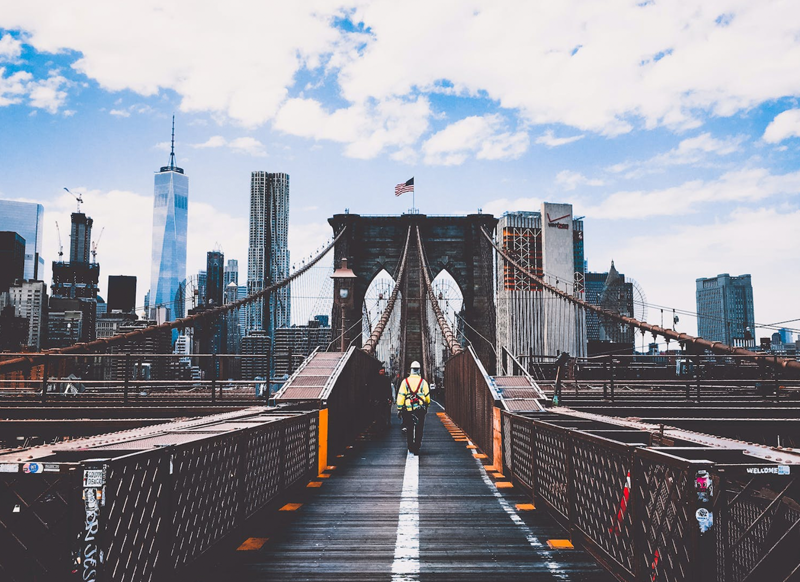
In the case of the Supreme Court decision, college and university admissions personnel have upgraded their experience to measure individual qualifications. This includes applicants having dealt with life’s hardships, studying as an academic athlete, being on a high school debate team, working on a school paper, doing charity work, etc.
It is worthy of note that Asian students are reluctant to talk about their hardships for cultural reasons, including face, and do not cite them as a qualification for attending a good college or university.
Further, small and medium-sized Asian high schools or schools in rural areas do not have debate teams or high school newspapers. Also, Asian parents discourage young people from charity work as charity is seen to weaken the family that is supposed to take responsibility for people facing life’s difficulties. In fact, in some Asian religions, charity is considered a sin. Finally, Asian high schools seldom have academic athletes.
Meanwhile, the trend in U.S. colleges to downgrade or even eliminate national entrance exams is clearly an element of bias against Asian students since, in most Asian countries, a national entrance examination is the largest factor, in some cases the only factor, in deciding college and university acceptance. Also, Asians do better on such tests than others.
So too, with the trend toward downgrading math and history courses in U.S. colleges and universities and reducing their part in admission decisions. Again, this is counter to Asian culture and academic practice, and Asians shine in these subjects.
Meanwhile, some legal organizations advise colleges and universities to slow walk and even ignore the Court’s edict, while some lawyers say colleges and universities are allowed to use race if the student mentions it in their essay, which they often do.
The L.A. case has not resulted in any significant effort to stop or even reduce the rash of killing Asians in the U.S. Seldom mentioned is George Soros’ support of local government officials that are soft on crime and that advocate defunding police, which is especially hard on Asians as they disproportionally live in large cities and do not have ways to protect themselves.
The scandal of hiding high schoolers' academic achievements has not, to any degree, engendered curative policies in other states, nor has this blight been a matter for teachers’ unions to act on. Last but not least, the media has generally ignored it.
Thus, it may be that what was thought to be good news for Asians may not be that at all.
The cases cited above have not, and probably will not, have an impact because the U.S. media dislike China and demonize it at almost every opportunity. Recent polls show that America's view of China has become predominantly negative, contrasting with the period after Nixon and Kissinger's visit to China, during which most Americans had a positive attitude toward China and the Chinese. This hostile view of China has increased over the last few years, especially during the past two years when China was viewed as a threat to the U.S.-built world order and America’s dominant global power status.


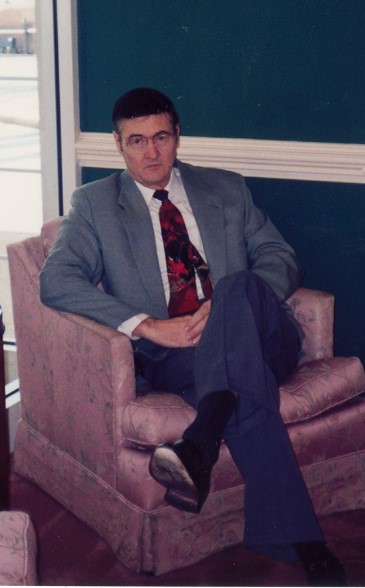
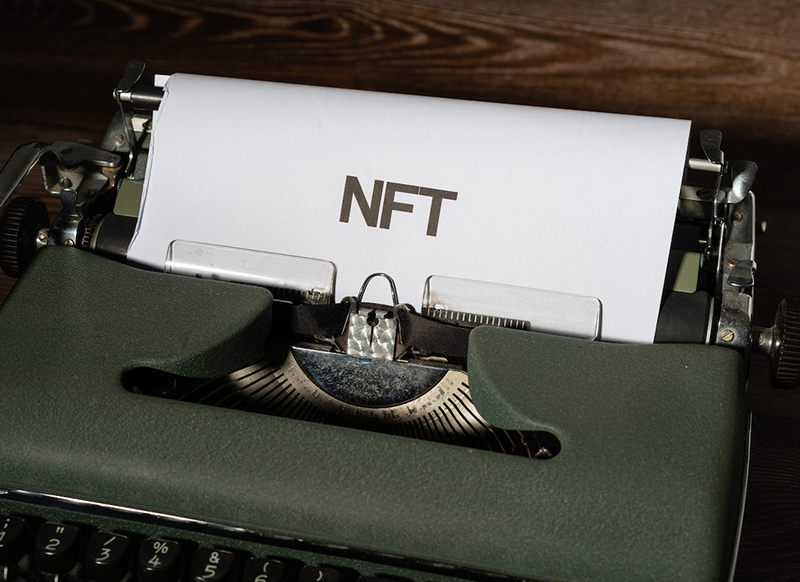

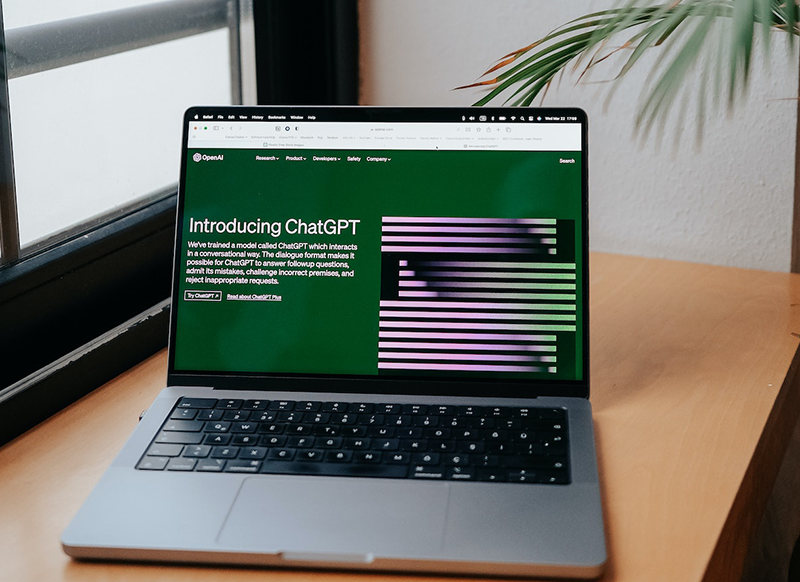
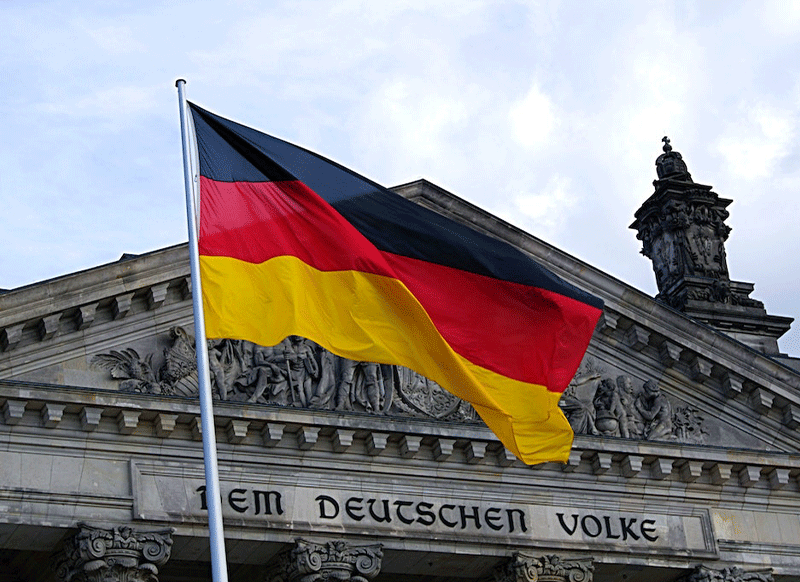
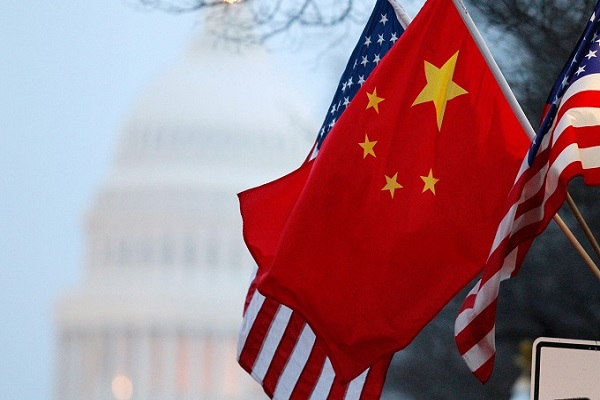

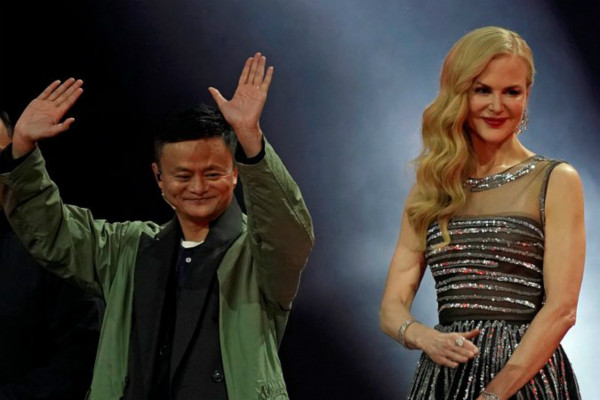
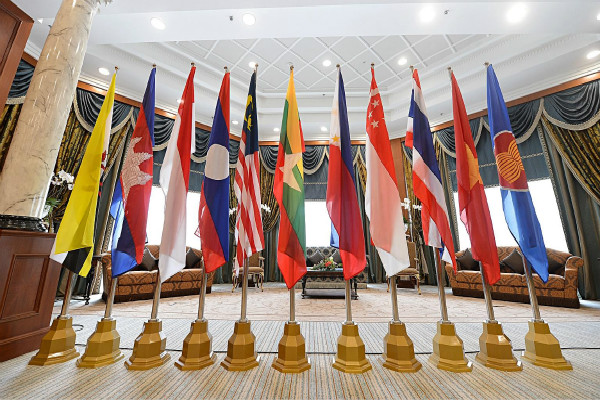
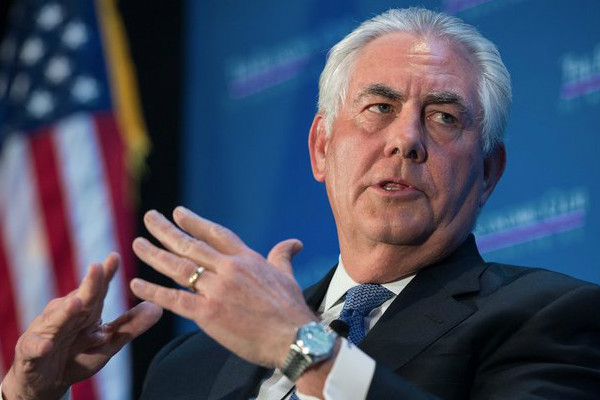
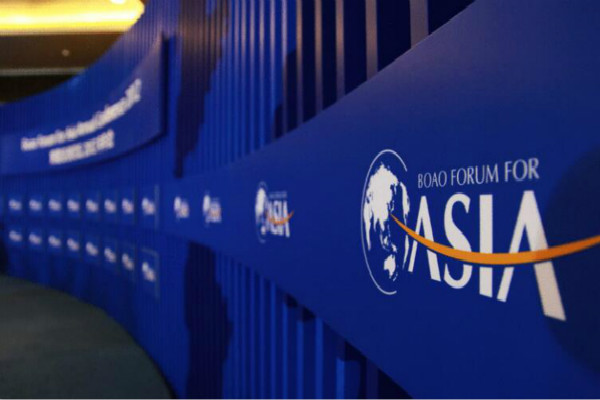
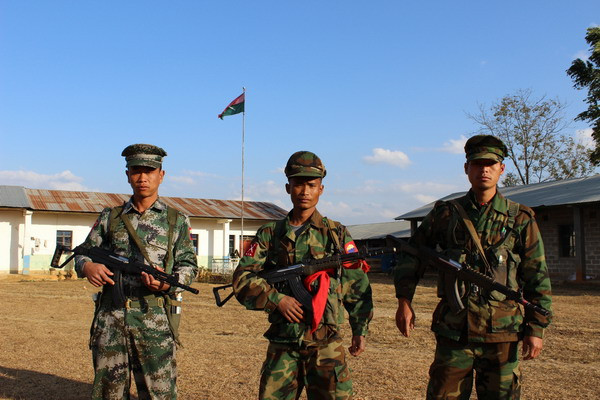
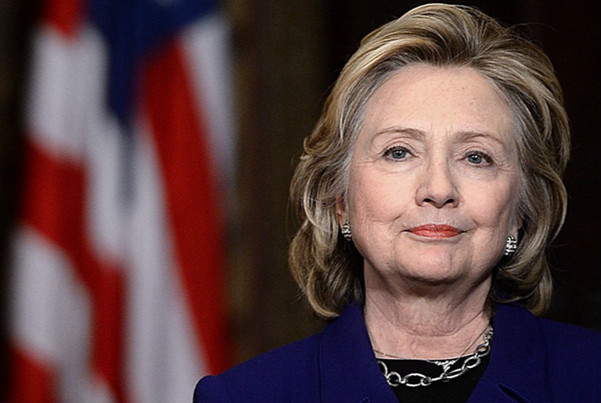
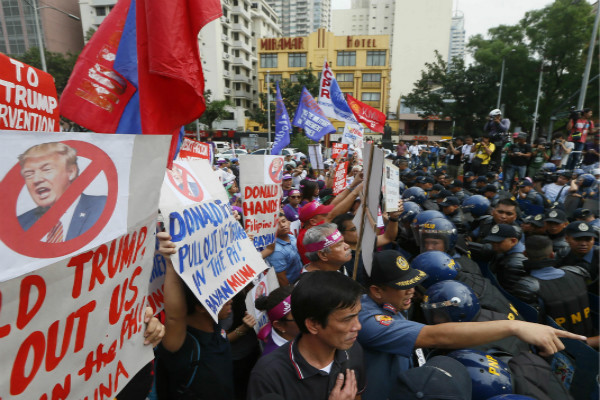
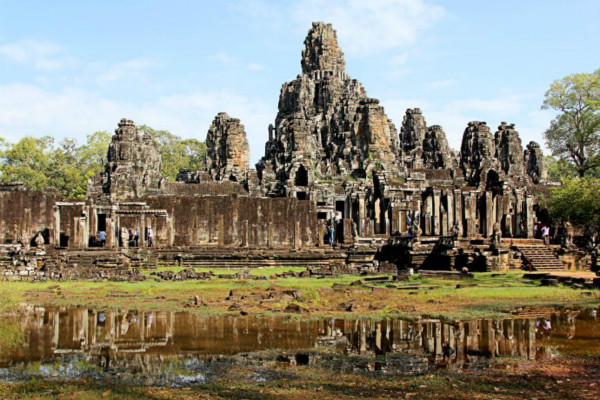
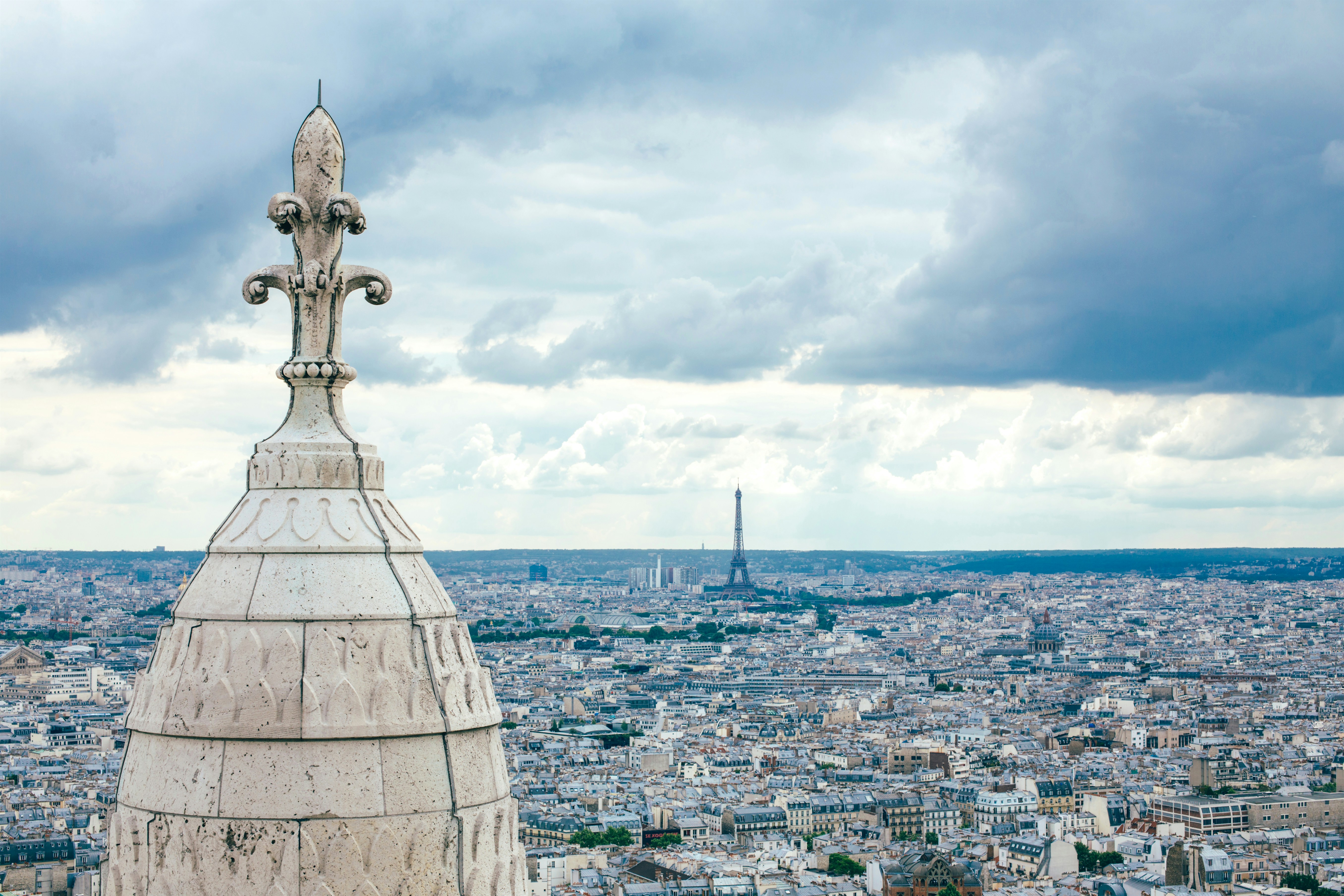
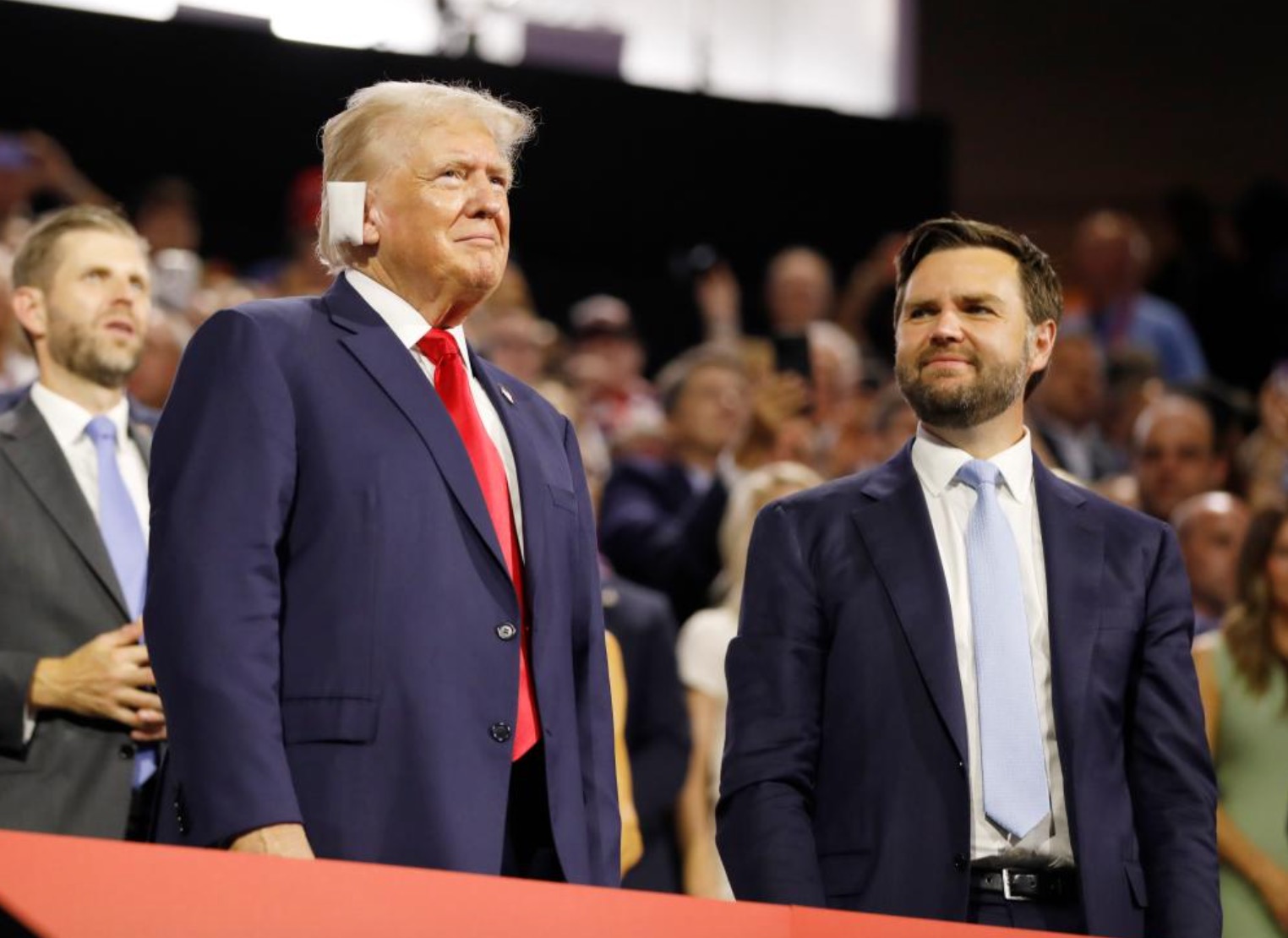
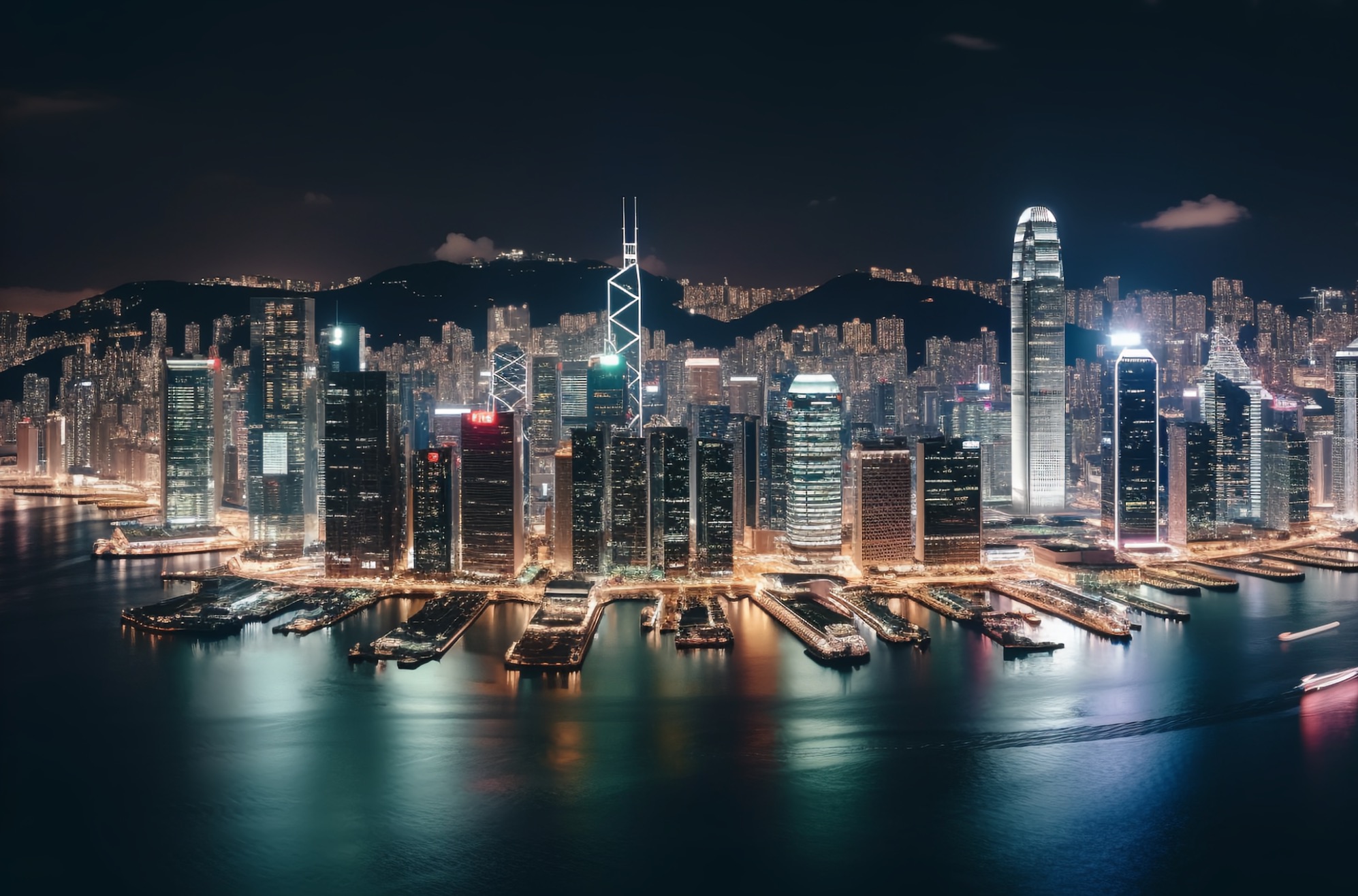
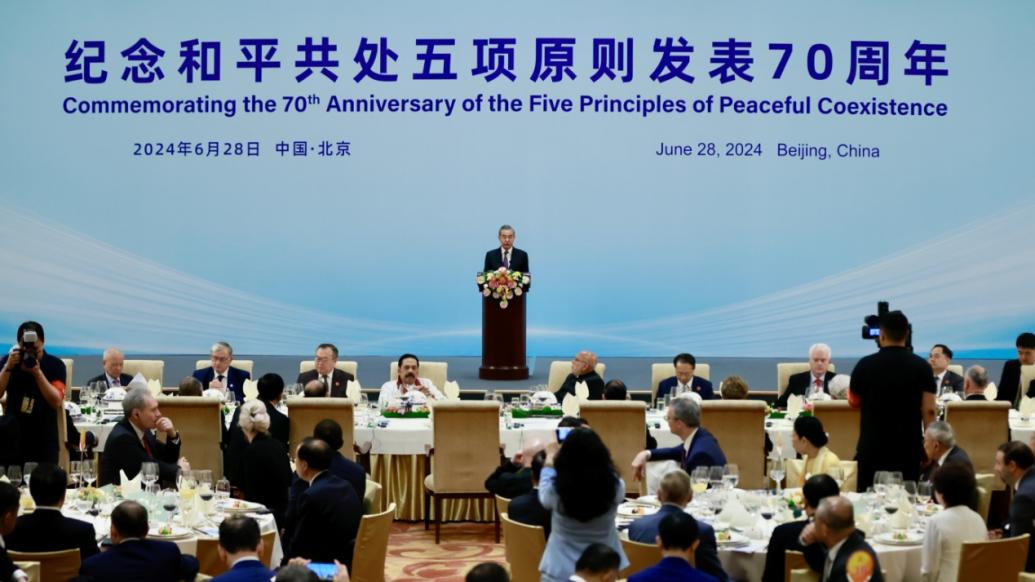
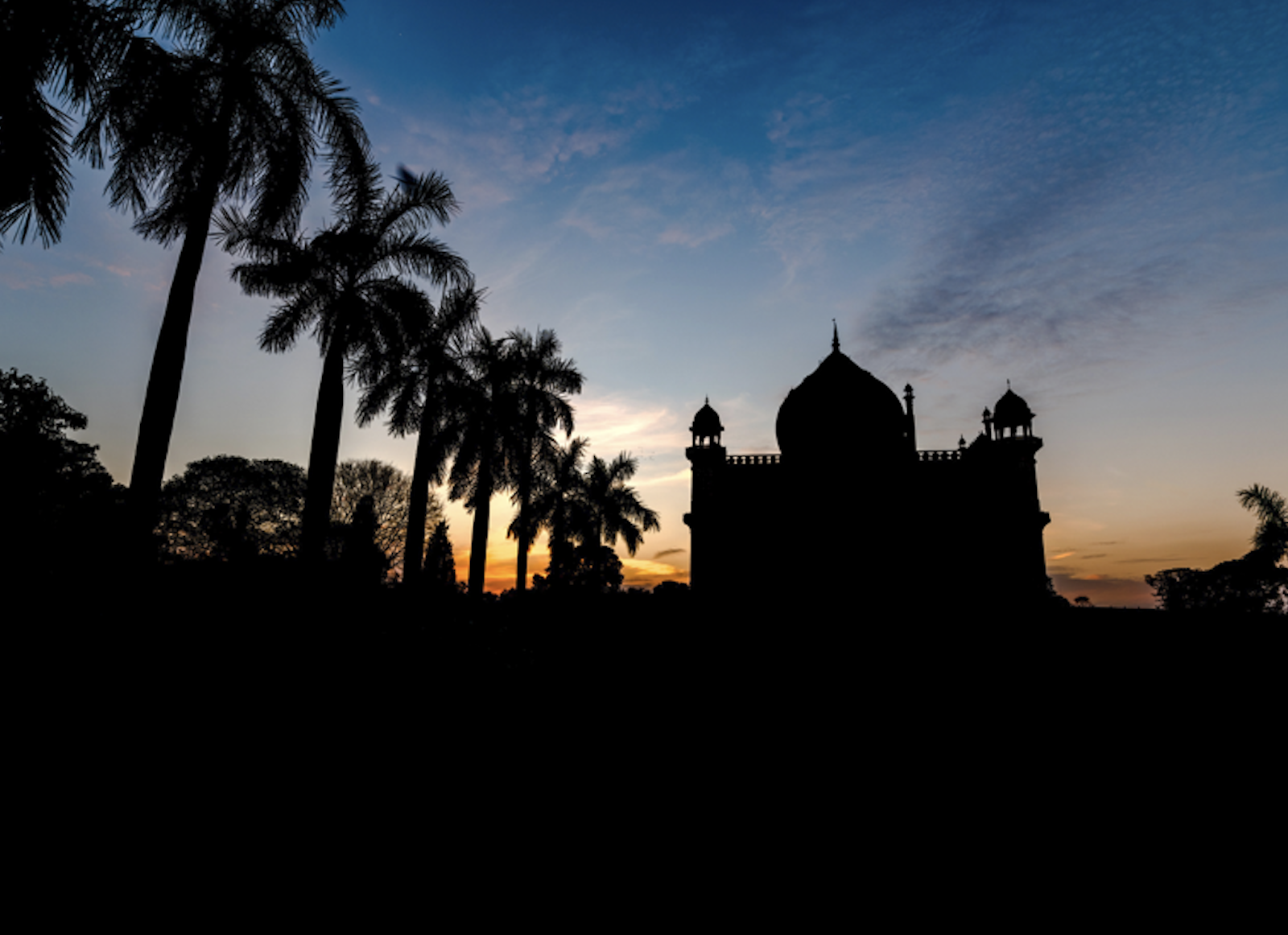

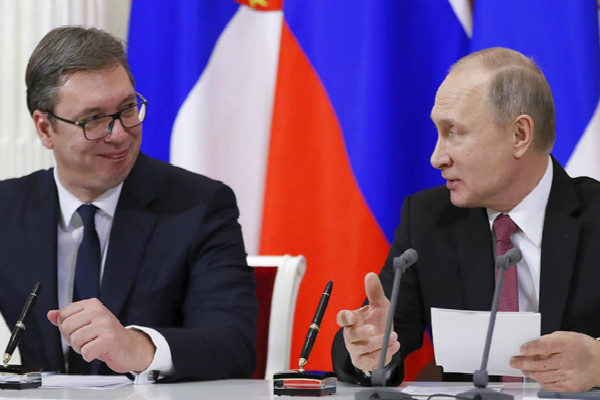
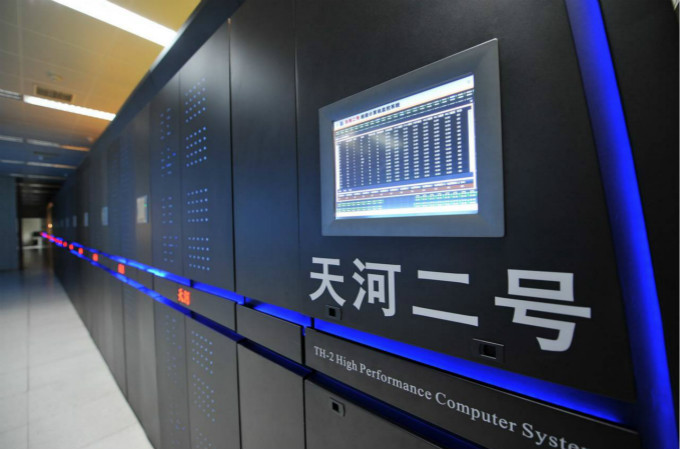
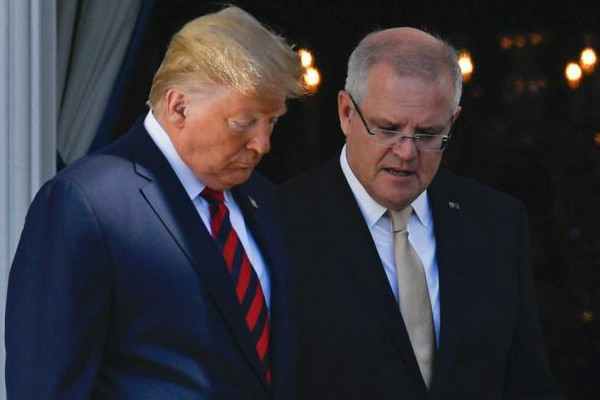


Leave a Reply
Your email address will not be published. Required fields are marked *